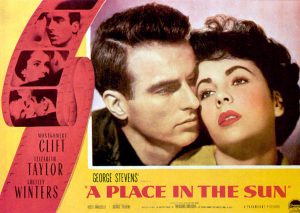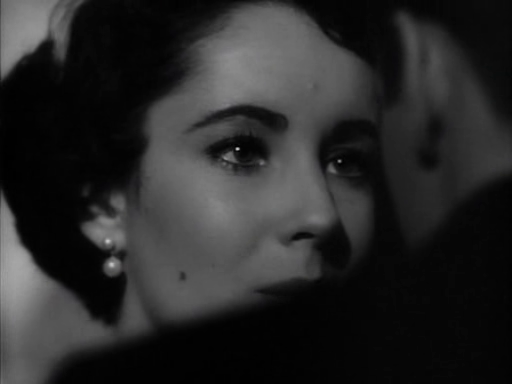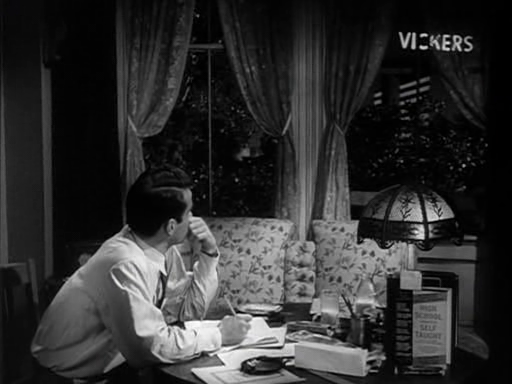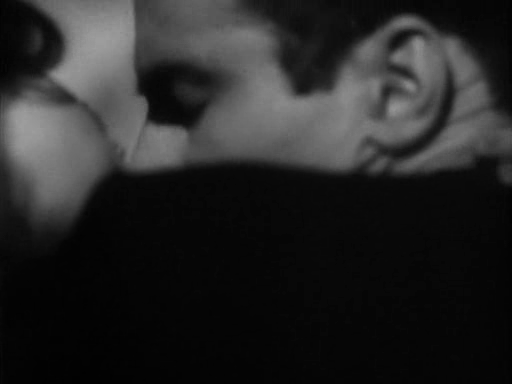Place in the Sun, A (1951)
“If you’re an Eastman, you’re not in the same boat with anyone.”
|
Synopsis: |
|
Genres, Themes, Actors, and Directors:
Response to Peary’s Review: While I understand Peary’s reservations, I don’t share them. Clift is attracted to Winters because she’s an available female in a soul-stifling environment, and he’s lonely. His wish to dump Winters for Taylor is understandable (if utterly shameful), and is due to a mix of all the factors named by Peary above. Peary writes that while “it’s obvious that Clift wants to escape poverty for wealth”, it “becomes apparent that he’d run off with Taylor at the first opportunity, leaving behind her family, her rich young friends, and her money” — which is true; one doesn’t cancel out the other. Peary also criticizes Clift’s “mannered performance”, which he claims “has been much overrated — rather than seeming cerebral and attractive, he has the expression and stance of someone who is one step away from a psycho ward” — but Clift is in a pretty darn miserable situation, with no positive solution in sight, so it’s hard to blame him or fault his deep angst. What goes unstated in Peary’s review is that Stevens’ adaptation is ultimately a fatalistic noir — although it’s debatable exactly who the femme fatale is: is it Taylor, without whose alluring presence Clift would never have found himself in this mess? Or is Winters the direct cause of his downfall? The atmospheric cinematography (by William C. Mellor) and carefully crafted direction show how clearly allegorical this “American tragedy” is (though it could really be a tragedy of any nationality). While it’s hard to sit through this film more than once or twice, it’s worth a look by all film fanatics — especially given, as Peary concedes, that “when [Clift] and Taylor dance closely, gaze into each other’s eyes, or kiss passionately… these two superstars are a remarkably romantic duo”. Redeeming Qualities and Moments:
Must See? Categories
(Listed in 1001 Movies You Must See Before You Die) Links: |







One thought on “Place in the Sun, A (1951)”
I wouldn’t personally ever recommend this film – not even, really, for its place in cinema history – but I recognize that the Taylor-Clift casting resulted in giving the film a certain iconic stature and, therefore, many hold it in high regard. I’m just not among them. The movie bores me (though I’ve seen it at least twice).
But then…George Stevens directed it and, admittedly, I’m not a fan of his work, overall. I just find his films to be too forced for my liking. Occasionally, I’m much less bothered when it comes to certain films of his (i.e., ‘Shane’, ‘The More the Merrier’) but I basically think he directs with a heavy, intrusive hand.
In this particular film, I also find Winters to be lacking in nuance, in a way that indicates to me that she’s simply miscast. In general, Winters is not the most subtle of actors but she can often nevertheless be effective. Here, I just don’t feel for her much.